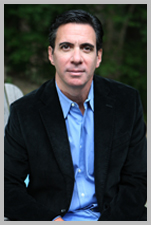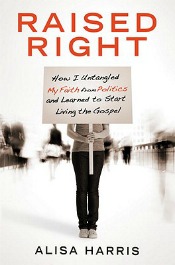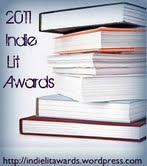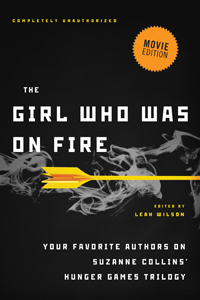While I don’t do a ton of author interviews here on the blog (I do plenty of interviews as part of my day job!), I always get a thrill when I have the chance to ask more experienced writers and journalists to talk a little bit about their craft.
Mitchell Zukoff, the author of this year’s winner of the Indie Lit Award for Nonfiction, Lost in Shangri-La, was gracious enough to answer questions put together by the nonfiction panel including how he found the topic the story, what it was like to travel to New Guinea during research, and one piece of writing advice he offers his students.
How did you decide upon this particular topic for your book? What led you to this story?
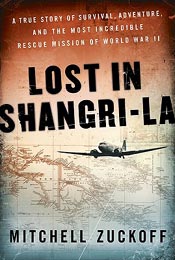 I was researching a different World War II story when I came across an article in the Chicago Tribune from June 1945 that knocked me for a loop. The article explained that a military plane had crashed in an impossibly remote valley of New Guinea that had been nicknamed Shangri-La. Twenty-one people had been killed, but three survivors – two soldiers and a beautiful member of the Women’s Army Corps – were awaiting rescue by giant gliders that were supposed to be dropped to the valley floor, then snatched back into the air by passing planes.
I was researching a different World War II story when I came across an article in the Chicago Tribune from June 1945 that knocked me for a loop. The article explained that a military plane had crashed in an impossibly remote valley of New Guinea that had been nicknamed Shangri-La. Twenty-one people had been killed, but three survivors – two soldiers and a beautiful member of the Women’s Army Corps – were awaiting rescue by giant gliders that were supposed to be dropped to the valley floor, then snatched back into the air by passing planes.
I wouldn’t be much of a journalist if I hadn’t stopped everything to read that article! I was stunned that I had never heard about this, and apparently no one else had, either. I knew immediately that it was worth pursuing, but I didn’t know – and I wouldn’t know for more than a year – whether I’d be able to collect enough documentary material and human sources to turn it into a book.
In your introduction you mention coming across a host of documents about the crash – a journal, photographs, scrapbooks, and film. What was the most exciting piece of evidence that surfaced?
On one hand, it’s probably the diary that Margaret Hastings wrote about her experiences. That gave me incredible material to work with. But the real breakthrough moment during the early phases of the research was finding that Earl Walter, who led the paratrooper team into the valley, was still alive. Earl was able to give me a firsthand account of these events, and he generously shared not only his memories but also his scrapbooks, the journal he kept during the mission, and dozens of photographs he took that now appear in the book.
In 1945, Earl was a dashing young paratrooper captain eager to get into the action of the war. His father was leading a group of Filipino guerrillas in the jungles of the Philippines, and Earl wanted to prove that he was his father’s equal. Earl was 88 when we met, and there was still a bit of that gung-ho young man in him. Although his short-term memory wasn’t strong, he remembered every detail of the Shangri-La rescue mission. In fact, he described the people, places and events in rich detail, in ways that no documents could match. I’m happy to say that Earl is still alive, and I consider him a friend.

